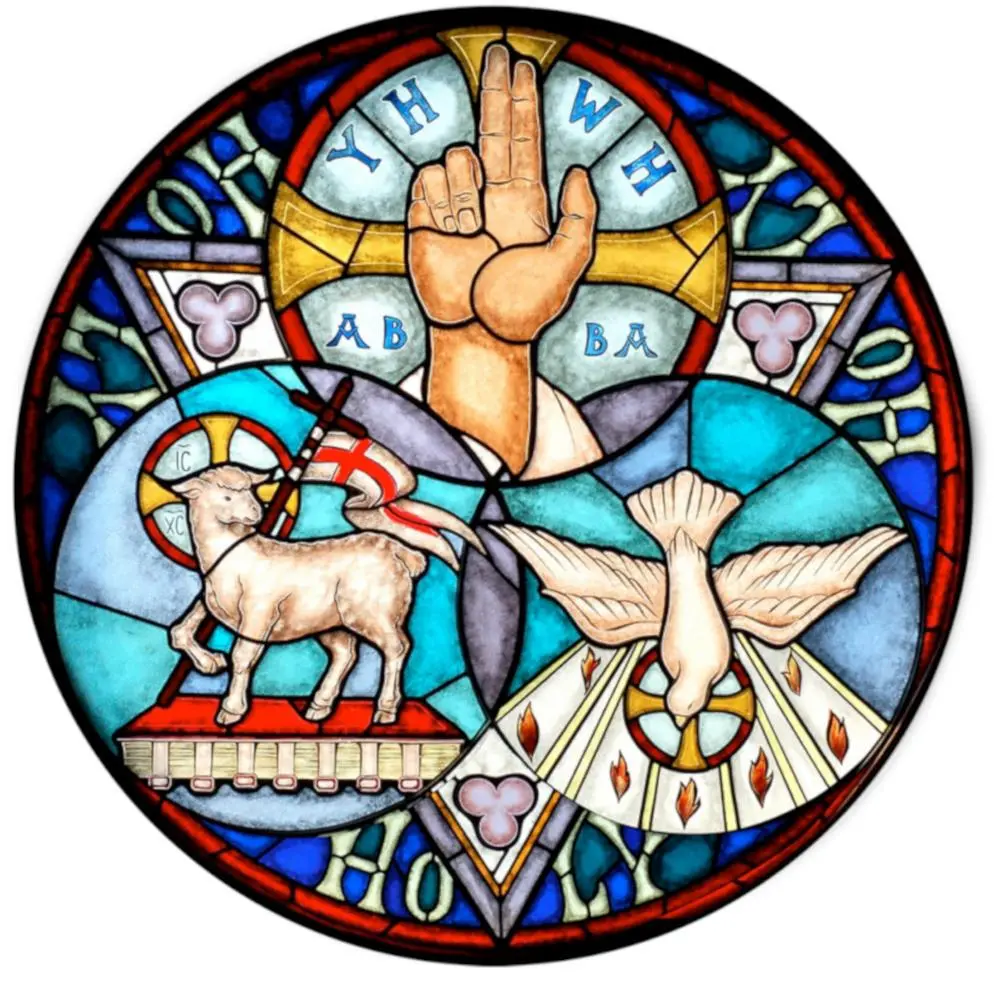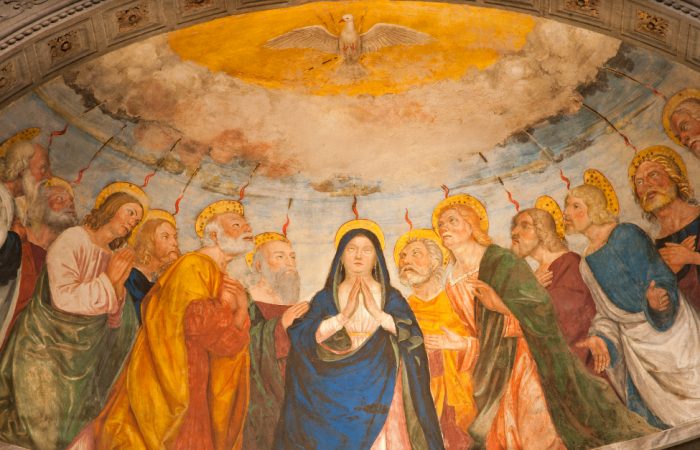Understanding Trinity Sunday in the Catholic Church
Trinity Sunday, celebrated on the first Sunday after Pentecost, is a significant day in the liturgical calendar of the Catholic Church. It is a day dedicated to honoring the Holy Trinity: the Father, the Son, and the Holy Spirit. This celebration emphasizes the mystery and majesty of the Triune God, a central tenet of Christian faith.
The Significance of Trinity Sunday
Trinity Sunday is unique because, unlike other feast days that commemorate specific events or saints, it focuses on a fundamental doctrine. The Holy Trinity encapsulates the complexity and unity of God in three distinct persons. This belief is deeply rooted in Scripture and Tradition, shaping the way Catholics understand and relate to God.
Historical Context
The formal celebration of Trinity Sunday was instituted by Pope John XXII in 1334, although the devotion to the Trinity existed long before. The need for such a feast arose from the desire to combat various heresies that questioned the nature of God and to provide the faithful with a profound reflection on the mystery of the Trinity.
Theological Foundations
The doctrine of the Trinity can be perplexing. It asserts that God is one in essence but three in person: God the Father (the Creator), God the Son (Jesus Christ, the Redeemer), and God the Holy Spirit (the Sanctifier). Each person is fully God, co-equal, and co-eternal, yet there is only one God. This mystery is central to Christian faith and is professed in the Nicene Creed, recited at Mass every Sunday.
Liturgical Celebrations
On Trinity Sunday, the liturgy is rich with references to the Triune God. The readings, prayers, and hymns all focus on the unity and diversity within the Godhead. The Gospel reading typically comes from John 3:16-18, emphasizing God’s love and the sending of His Son for the salvation of humanity. The homily often delves into the complexity and beauty of the Trinity, encouraging the faithful to deepen their understanding and relationship with God.
Spiritual Reflections
Trinity Sunday invites Catholics to contemplate the nature of God and their own relationship with the Divine. It is a time to reflect on the interconnectedness of the Father, Son, and Holy Spirit and how this relationship impacts their lives. The mystery of the Trinity, while beyond full human comprehension, offers a profound example of unity in diversity, calling the faithful to seek unity in their own communities.
Devotions and Practices
Beyond the liturgical celebration, there are various devotions and practices that Catholics can engage in to honor the Holy Trinity. Prayers such as the “Glory Be” and the “Sign of the Cross” are simple yet profound ways to invoke the Trinity. Meditating on the roles of each person of the Trinity in one’s personal life and salvation history can also be a powerful spiritual exercise.
Conclusion
Trinity Sunday is more than just a day on the calendar; it is an invitation to dive deeper into one of the most profound mysteries of the Christian faith. By celebrating this feast, Catholics reaffirm their belief in the Triune God and reflect on the mystery of God’s nature and His work in their lives. It is a reminder of the unity, love, and grace that flows from the Father, through the Son, and in the Holy Spirit, calling all believers to live in the light of this divine mystery.

